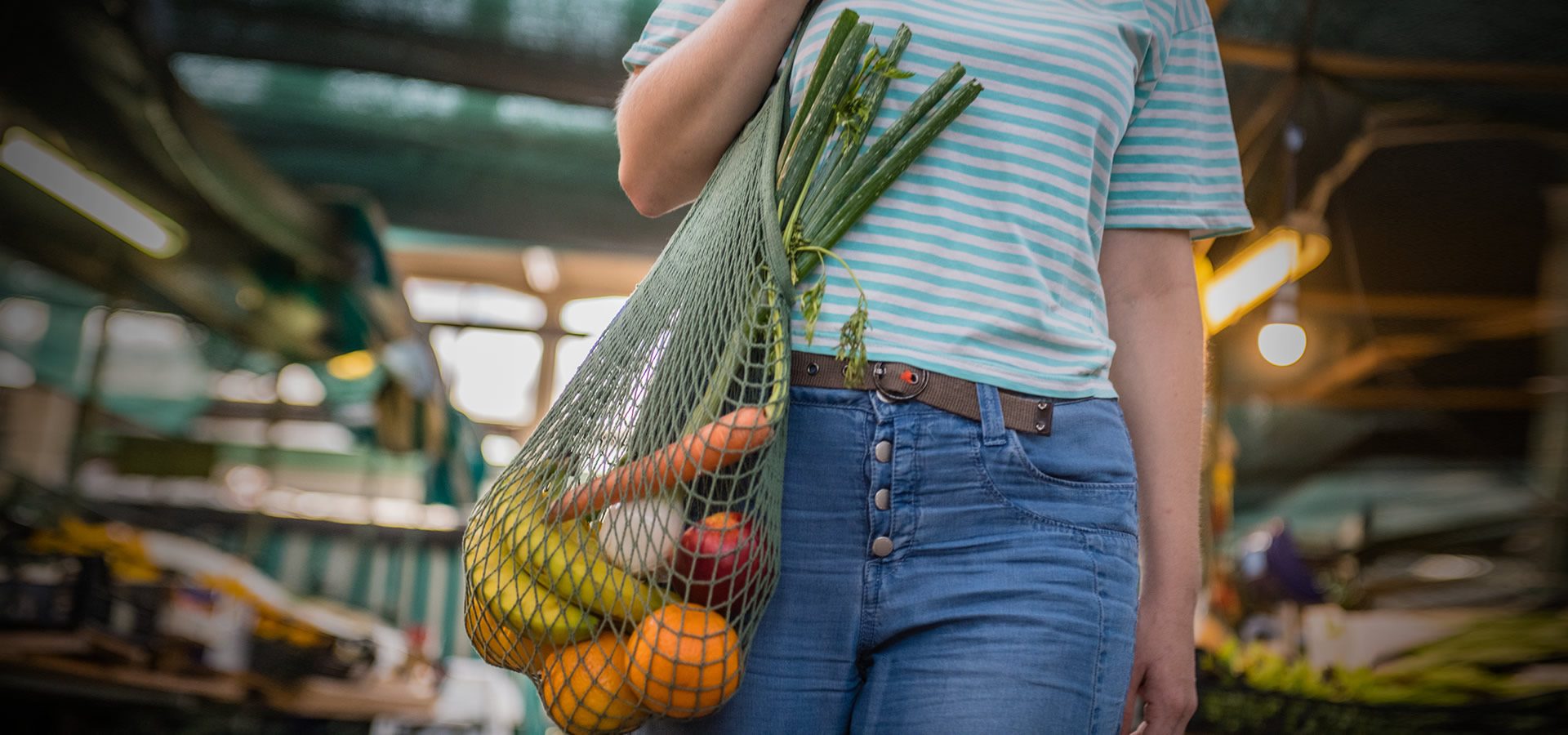alva is now Penta. We are the world’s first comprehensive stakeholder solutions firm. Learn More
Hit enter to search or ESC to close

In our previous blog about “consumer intention versus action“, we investigated how the ways consumers act can differ from the ways they intend to act, and the effect of this on reputational trend data. Consumers may state that they will behave in a certain way according to their values and priorities, when ultimately convenience and price dictate actual behaviours.
It is not, however, a universal rule. In contrast, some organisations are managing to boost their reputations, and customer loyalty, by making it less, not more, convenient to use their products or services – while simultaneously promoting it as the ‘right’ thing to do. In this way, certain organisations are differentiating themselves by selling customers the opportunity to feel good about themselves.
This practice creates a scale of virtue against value: and the crucial tipping point for any business is the point to which their customers are prepared to be pushed in return for feeling that they are commiting a virtuous act. For example, research published in Marketing Letters: A Journal of Research in Marketing shows that consumers are willing to pay more for something when they perceive they are doing good but will use a price promotion or discounts to justify buying unhealthy products.
One striking example of success in this area is in supermarket plastic bag provision. In 2014, the number of single-use carrier bags handed out by supermarkets in England hit 7.6 billion, the equivalent of 140 bags per person. In order to reduce their use, the following year the UK government introduced the 5p charge for single use bags. The minimal fee had a major effect. In 2016-17, there had been an 83% decline in the number of bags issued by the seven biggest supermarket chains; and, as a by-product, £66m was raised for charities in a single year.
While it could be argued that there was an economic driver, raising awareness of the issues with single use plastics and providing a virtuous touch-point – using a ‘bag for life’ demonstrates concern for the environment – allowing consumers to feel good about their choices.
Now some major retailers are going a step further. Waitrose, for example, removed all 5p bags from its stores in March 2019, has significantly cut down on single-use plastics, and has even gone so far as to offer tips from a behaviour-change consultant on ways customers can remember to take reusable bags with them when they go shopping. Among these is “going public with your intentions”, bridging the intention/action gap.
Sainsbury’s has removed single-use plastic bags from bakery aisles and single-use plastic bags from loose produce, which again potentially inconveniences its customers but for a good cause.
By not providing single-use bags, and publicising their plastics policies, these companies are selling reduced convenience as a virtue. By making life harder, they are making their customers feel better about themselves; scratching the sustainability itch. Psychology research shows that when life is harder, and people are forced to step outside their comfort zone, they feel better about themselves.
For the companies themselves, there is value beyond the inherent virtue of the act; as Environmental and Social Governance increasingly dominates corporate, political and social agendas, businesses that are able to outwardly risk more (in this case the goodwill of their customers) are likely to be seen as taking ESG issues more seriously. The tougher it is for the companies, the more virtuous their actions too will seem and the greater the returns for their ESG reputations.
Of course, not having plastic bags on tap is only a minor inconvenience, not quite at the level of a modern-day hair shirt. And, as the philosopher Barthes suggested, seemingly virtuous behaviours can be self-defeating, because of the sense that making small changes exonerates one from needing to do any more about the greater issues. Consumers feeling virtuous about reducing their environmental impact may feel they have done their bit, when there is in reality so much more to do.
For businesses, there is a fine balance to be struck between establishing the genuine, long-term nature of their ESG stances through valuing virtue over convenience and the actual alientation of the customer stakeholder group. Getting the balance right is a potential win-win for bold companies, which may be able to achieve the trifecta of doing the right thing, boosting customer sales and burnishing their ESG reputation.
Be part of the Stakeholder Intelligence community